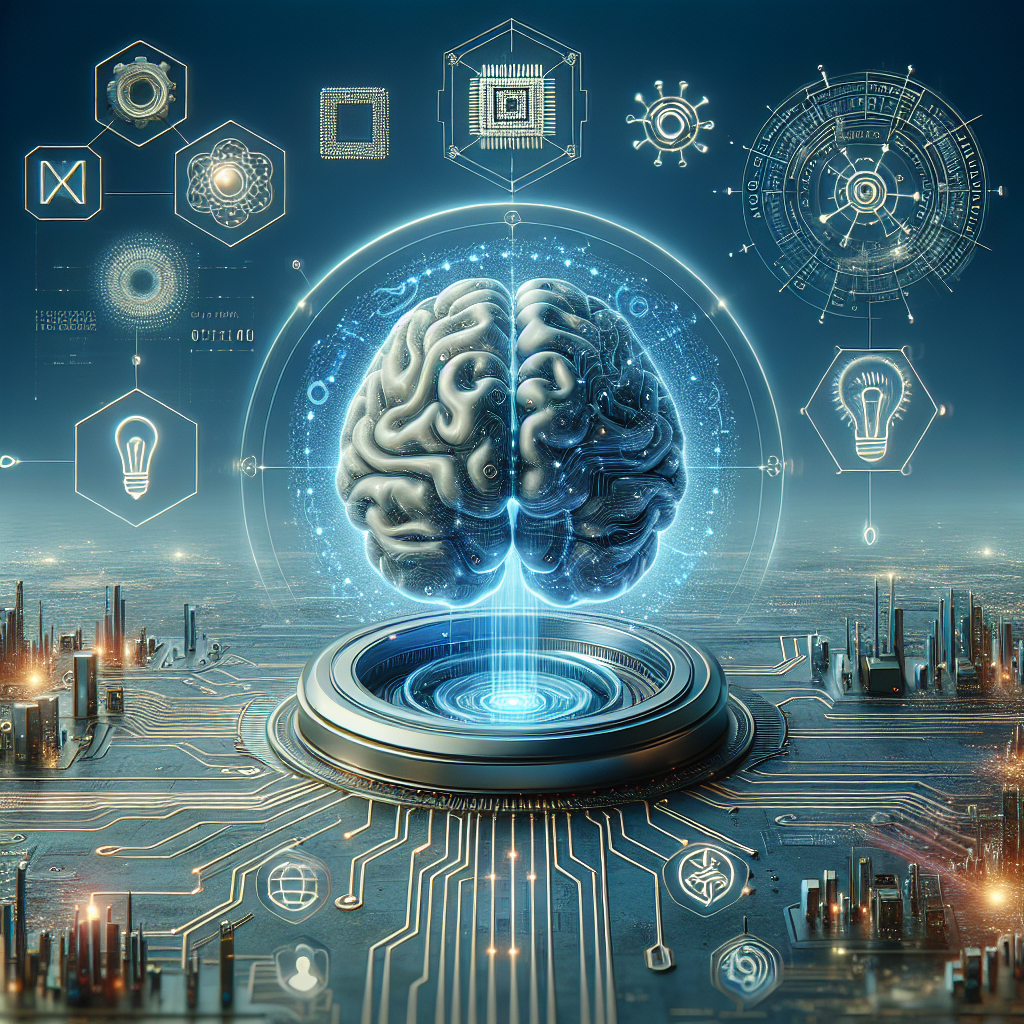Artificial General Intelligence (AGI) is a term that refers to the ability of a machine to understand and learn any intellectual task that a human can. While artificial narrow intelligence (ANI) systems are designed to perform specific tasks, AGI aims to replicate human-level intelligence across a wide range of domains. Achieving AGI has long been a goal of researchers in the field of artificial intelligence (AI), and recent advancements are bringing us closer to realizing this ambitious goal.
AGI breakthroughs have the potential to revolutionize the way we live, work, and interact with technology. From improving healthcare outcomes to enhancing productivity in the workplace, the impacts of AGI are far-reaching and profound. In this article, we will explore some of the key advancements shaping the future of technology and the implications of AGI for society.
Advancements in AGI Research
Recent advancements in AGI research have been driven by breakthroughs in machine learning, neural networks, and computational power. One of the key developments in this field is the emergence of deep learning algorithms, which are designed to mimic the way the human brain processes information. These algorithms have enabled machines to learn from vast amounts of data and make decisions based on patterns and trends.
Another major advancement in AGI research is the development of reinforcement learning techniques. Reinforcement learning is a type of machine learning that enables agents to learn from their interactions with an environment and improve their performance over time. This approach has been used to train AI systems to play complex games like Go and chess at a superhuman level.
Advancements in neural network architectures have also played a crucial role in advancing AGI research. Convolutional neural networks (CNNs) and recurrent neural networks (RNNs) have been instrumental in enabling machines to process and interpret complex data like images, text, and speech. These architectures have been used in a wide range of applications, from self-driving cars to natural language processing.
Implications of AGI for Society
The development of AGI has the potential to bring about significant changes in society. While the impacts of AGI are still largely speculative, there are several potential implications that are worth considering. One of the key concerns is the impact of AGI on the job market. As machines become more capable of performing tasks that were previously done by humans, there is a risk of widespread job displacement and economic disruption.
Another major concern is the ethical implications of AGI. As machines become more intelligent and autonomous, there is a need to address issues related to privacy, security, and accountability. Ensuring that AI systems are designed and used in a responsible manner is crucial to mitigating the risks associated with AGI.
Despite these challenges, AGI also has the potential to bring about numerous benefits for society. From improving healthcare outcomes to enhancing productivity in the workplace, the applications of AGI are vast and varied. By harnessing the power of AGI, we can unlock new opportunities for innovation and growth in a wide range of industries.
FAQs
Q: What is the difference between AGI and ANI?
A: AGI refers to the ability of a machine to understand and learn any intellectual task that a human can, while ANI systems are designed to perform specific tasks. AGI aims to replicate human-level intelligence across a wide range of domains, while ANI is limited to performing narrow tasks.
Q: How close are we to achieving AGI?
A: While significant advancements have been made in AGI research, we are still far from achieving human-level intelligence in machines. It is difficult to predict when AGI will be realized, as there are many technical and ethical challenges that need to be addressed.
Q: What are some potential applications of AGI?
A: AGI has the potential to revolutionize a wide range of industries, including healthcare, finance, transportation, and education. By enabling machines to understand and learn from complex data, AGI can improve decision-making, enhance productivity, and drive innovation in various domains.
Q: What are the ethical implications of AGI?
A: The development of AGI raises important ethical questions related to privacy, security, and accountability. Ensuring that AI systems are designed and used in a responsible manner is crucial to mitigating the risks associated with AGI.
In conclusion, AGI breakthroughs are shaping the future of technology in profound ways. From advancements in machine learning to the development of neural network architectures, researchers are making significant progress in their quest to achieve human-level intelligence in machines. While there are challenges and risks associated with AGI, the potential benefits for society are immense. By continuing to advance research in this field and addressing ethical concerns, we can harness the power of AGI to create a more prosperous and innovative future.

